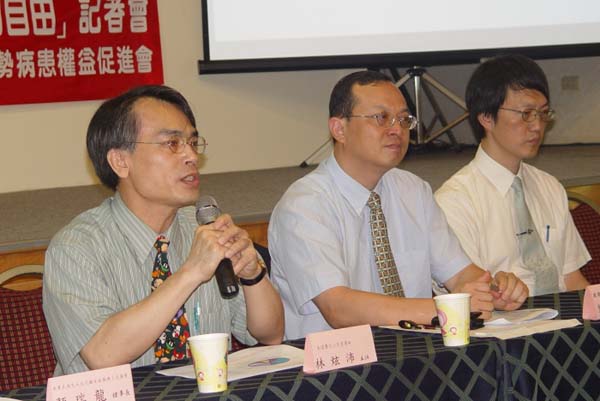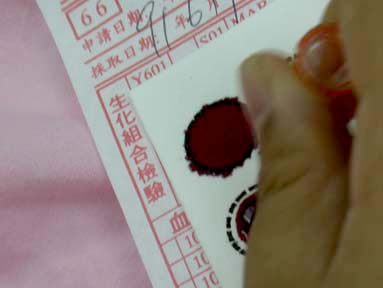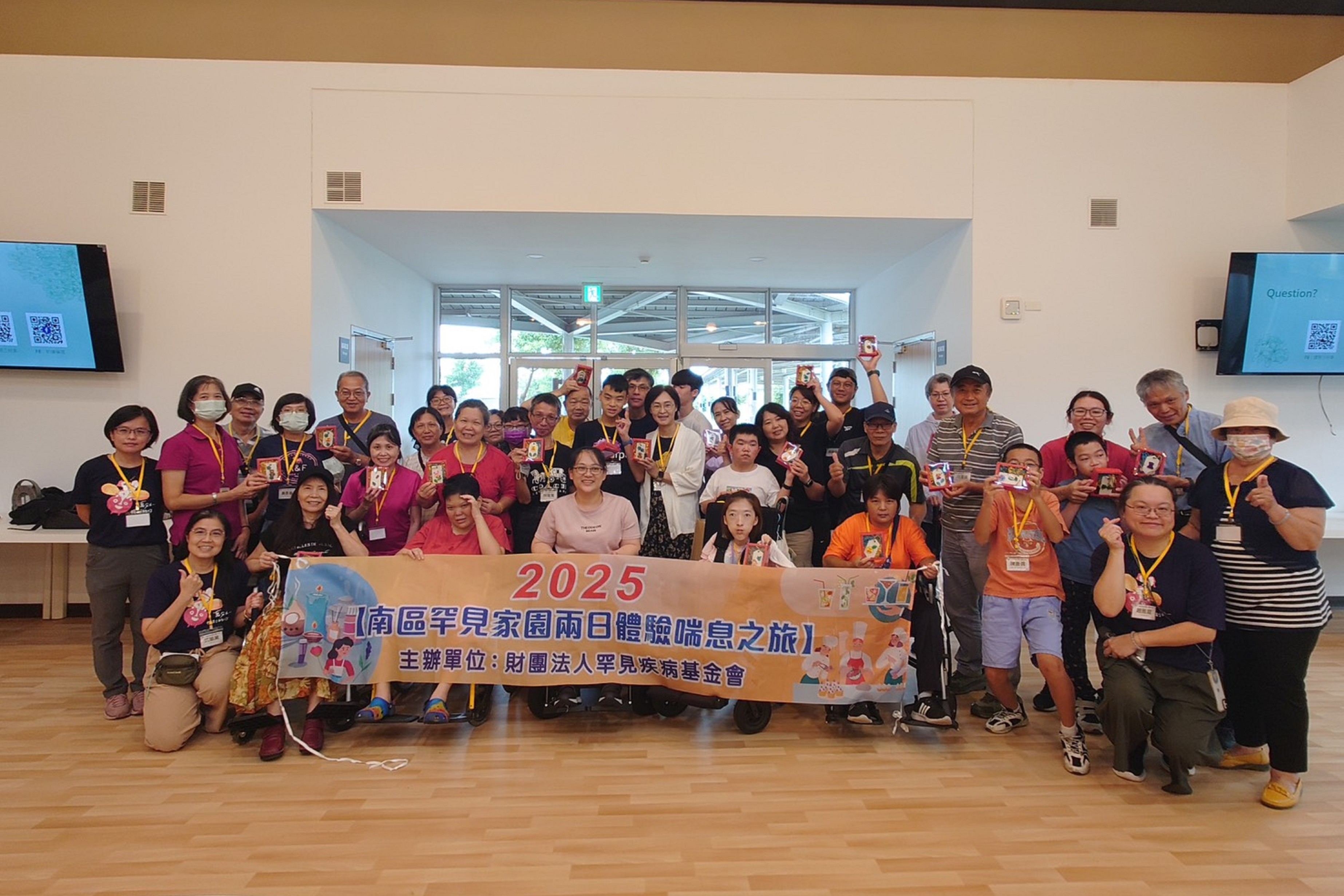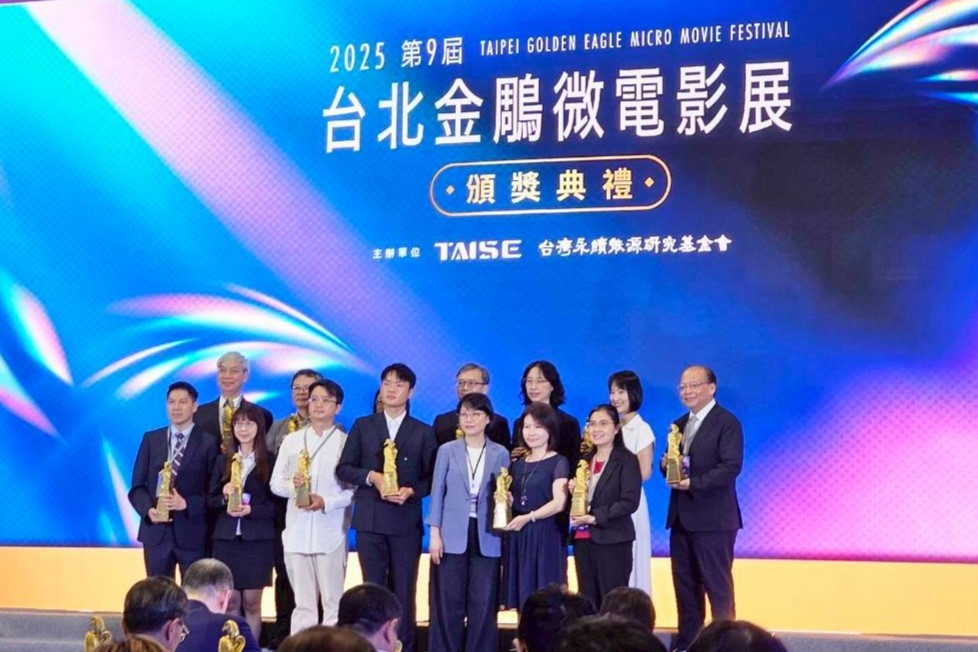News
Taiwan's New Expanded Newborn Screening Policy
Newborn screening has been implemented for 22 years in Taiwan.
Method development pilot programs were carried out in mentally retarded children
between 1982 and 1983 in Taiwan. Later in 1984, based on the methods developed,
the nationwide newborn screening program for congenital hypothyroidism (CHT),
phenylketonuria (PKU), maple syrup urine disease (MSUD), homocystinuria (HCU),
and galactosemia (GAL) was implemented. The screening system consisted of
sample collection institutes, newborn screening centers, public health nurse
follow-up network and referral hospitals for diagnosis confirmation and treatment.
In 1986, MSUD was replaced by G6PD in the routine nationwide screening program
because no MSUD was found from 200,000 newborns screened and at the same
time the screening method for G6PD was developed.
The screening coverage rate in Taiwan has reached 80% in 1990 and over 99%
since 1996. Most of the patients were detected and treated accordingly within
one month of birth and are developing normally ever since.
Ever since the foundation was established, TFRD has been continuously active
in the public education and advocacy of rare disorders, with particular emphasis
on controlling and prevention of rare disorders. We know that the newborn
screening program which screens for only 5 diseases is not enough and therefore
in 2000, we began promoting and subsidizing the "Expanded Newborn Screening
Plan" by using the Tandem Mass Spectrometry technology, which could identify
more than 20 congenital metabolic disorders. The word "Expanded" is used to
distinguish itself from the first newborn screening system implemented by the
government in 1985.
In the past 6 years, TFRD has subsidized the expanded newborn screening
fee for 51,975 newborns and the subsidized amount has already reached $115,000
US dollars. Around 80% of newborn's parents in Taiwan have chosen to pay extra
screening fee to have their babies screened. Starting from July 2006, the
government takes over the expanded newborn screening program.
The government added 6 new categories into the new examination, bringing
the total to 11. Newborns will be screened for more than 20 metabolic disorders.
However, originally parents will only receive the testing result of total 11 disorders.
After TFRD's lobbying, the government finally agreed to give the full report to
newborns parents as long as they sign the consent form.
We hope that as the government takes up the responsibility of monitoring
newborns' health, it can also guarantee a well-planned newborn screening
program. Here's our suggestions for the government regarding expanded
newborn screening program.
First, parents must be fully informed that they have a choice of receiving the
full result of the test. Currently, parents will receive the consent form to choose
whether they want to know the full screening result or specific 11 disorders out
of the total disorders screened. When the child is tested, they were tested for
more than 20 disorders. If the parents refuse to sign the consent form, they will
only be informed if the newborn falls into the realm of the 11 disorders. We
believe that parents have the right to know and it is necessary to let parents
know that they do have a choice and they can ask for the full result of the
screening report for their babies. Obstetricians and obstetric clinics are also
responsible for advocating newborn screening and informing parents.
Second, parents must be fully informed the purpose and content of the
screening program, false positive or false negative screening result-reading,
and the following counseling service. A protocol for medical personnel such as
physicians, nurses, and genetic counselors is needed. It will help them when
giving out instructions and advice, or referring patients to organizations where
patients can get social welfare and medical resources. We understand that
people have doubts about revealing the full result of disorders, especially when
there's no treatment available for some of the diseases. However, testing results
shouldn't be covered up simply because those diseases falls into the realms of
"untreatable diseases." We believe and are sure that even though there's no
effective medication or treatment for some rare diseases, many rare diseases
can actually be managed by certain therapy or dietary control. And therefore it
is necessary to identify rare diseases as early as possible and start treatment
early to prevent serious damage.
Just as the chairman of the board of TFRD Dr. Yuan-Tsong Chen said,
"The screening and examination methods have been greatly improved over the
past few decades and the DOH should reveal the full result of the screening
program." For patients of congenital metabolic disorders, though there may
be no effective medication, these diseases can actually be well controlled.
Many patients of metabolic disorders can have a normal life once they receive
proper dietary control. Negative screening result can't guarantee that the baby
is healthy. It is critical to diagnose diseases at the early stage of the disease in
order to have better effect. Newborn screening is also an important measure to
effectively prevent more babies with rare diseases. Treatment and prevention
are equally important when it comes to managing rare diseases.
TM screening has been performed worldwide for years. We are happy to see
that it is going to be performed to benefit newborns in Taiwan. Hopefully through
the screening, we can improve the health of babies and furthermore, better
manage and prevent rare diseases.










